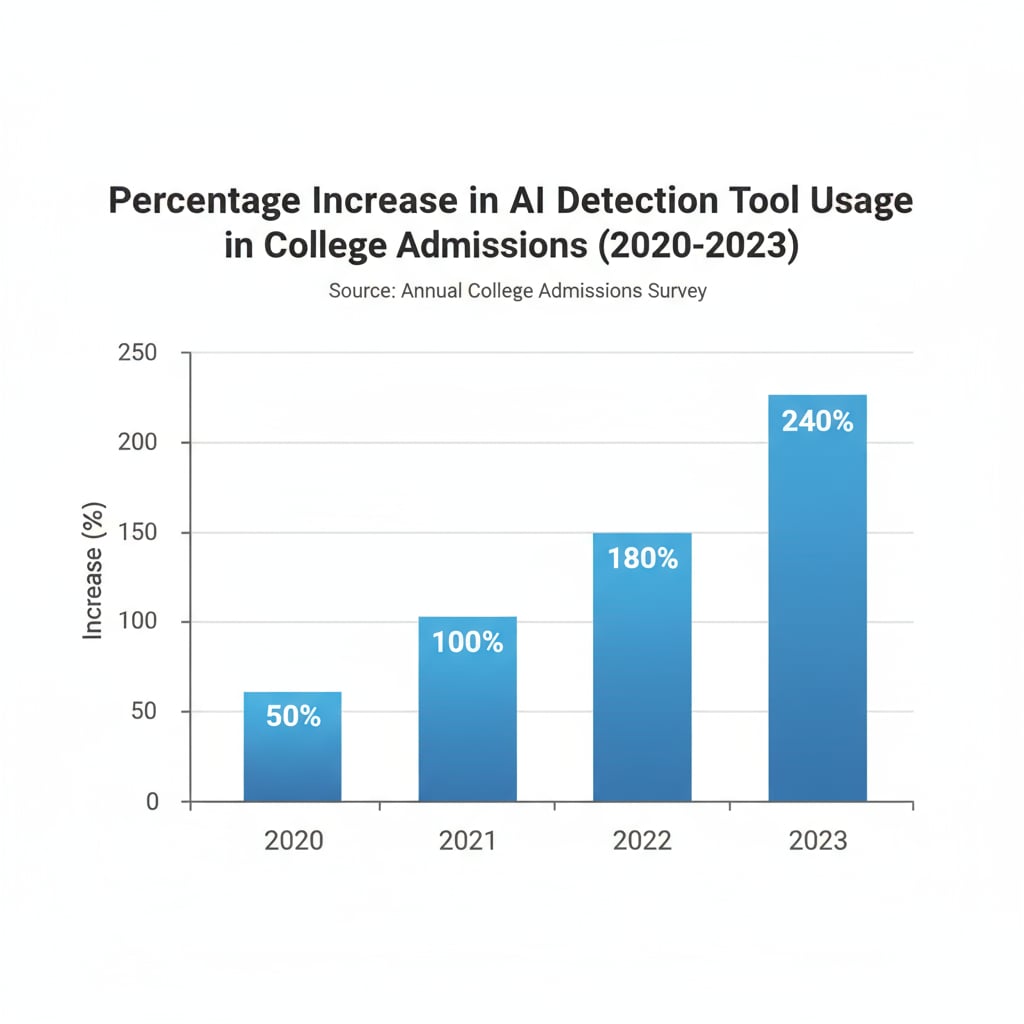In the realm of college applications, the combination of personal statements, AI detection, and the admission process has brought about a new set of challenges. As AI technology seeps deeper into the educational landscape, students are finding themselves in a precarious situation where their authentic voices risk being stifled by false accusations of using AI to write their personal statements.

The Rise of AI Detection in College Admissions
The use of AI detection tools in college admissions has become increasingly prevalent. Colleges and universities are turning to these tools in an effort to maintain academic integrity and ensure that the personal statements they receive are the original work of the applicants. These tools analyze various aspects of the writing, such as vocabulary, sentence structure, and style, to determine whether the text could have been generated by AI. According to Inside Higher Ed, many institutions are now incorporating AI detection into their review processes. However, the accuracy of these tools remains a major concern.

The Impact on Students
For students, the fear of having their personal statements misjudged as AI-generated is a significant burden. A false positive can have serious consequences for their college applications. It may lead to their applications being rejected or at the very least, cause unnecessary delays and stress. Students who have poured their hearts and souls into crafting unique and sincere personal statements are now worried that their efforts could be in vain. For example, a student who spent months reflecting on their experiences and writing a heartfelt statement about their passion for a particular field may find themselves facing an unjust accusation of using AI. This not only undermines their hard work but also their confidence in the college application process.
Challenges with AI Detection Tools
One of the main issues with AI detection tools is their lack of precision. These tools often rely on algorithms that are not yet sophisticated enough to distinguish between human-written and AI-generated text with absolute certainty. As a result, they may flag perfectly legitimate personal statements as AI-generated. Additionally, the tools may not take into account the diverse writing styles and voices of students. Some students may have a more advanced vocabulary or a unique way of expressing themselves, which could trigger false alarms from the detection tools. According to The New York Times, the current state of AI detection technology has limitations that can lead to inaccurate results.
Readability guidance: As seen, the problems with AI detection in college application personal statements are multifaceted. We’ve explored the rise of these tools, their impact on students, and the challenges they present. Next, we need to look at potential solutions to this growing issue.


